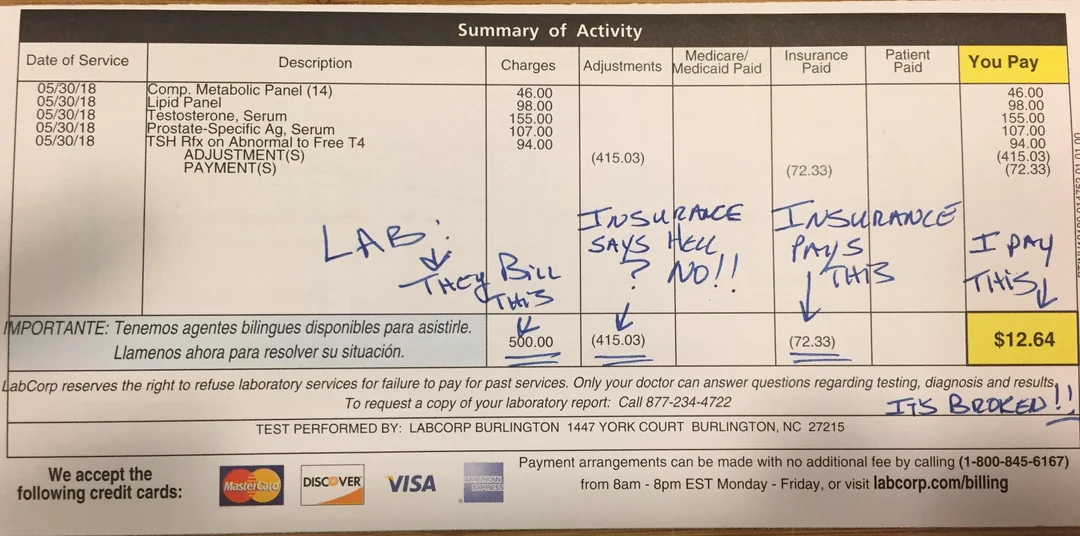A sprawling budget bill in the US Senate could cut health insurance coverage for nearly 12 million Americans and add $3.3 trillion (£2.4tn) in debt, according to new estimates.
The assessment from the Congressional Budget Office, a non-partisan federal agency, could complicate Republican efforts to pass President Donald Trump’s One Big Beautiful Bill Act in the coming days.
The spending plan narrowly cleared a preliminary vote in the Senate late on Saturday after party leaders scrambled to arm-twist hesitant members of their rank and file.
One defector, Senator Thom Tillis of North Carolina, announced he would not seek re-election after voting against the president’s signature legislation.
Democratic lawmakers have led criticism of the bill. The CBO numbers calculate $1trillion in cuts to healthcare funding if the measure passes.
Related Articles:
- Trump to meet with Iranian leaders next week after recent air strike on Iran’s nuclear facilities
- Trump insists Iran’s nuclear plans put back ‘decades’ by US strikes after report says otherwise
- Trump slams Iran, Israel for violating ceasefire
The latest version of the bill was advanced in a 51-49 Senate vote on Saturday night. Two Republicans, Sen. Tillis and Sen. Rand Paul of Kentucky joined Democrats in opposing the move.
Sen. Paul has said he opposes the bill because it raises the US debt limit, while Sen. Tillis has said the bill would cost his state billions of dollars in healthcare funding.
While senators debated the bill on Sunday, it is unclear whether it has enough support to ultimately pass.
Republicans have a small majority in the Senate, holding 53 seats. Vice-President JD Vance has the tie-breaker vote so the party can only afford three defectors.
Democratic senators used chamber rules to force a 16-hour reading of the nearly 1,000-page bill in an attempt to delay a vote on its passage.
Under Senate rules, lawmakers now have 20 hours allocated to debate the bill.
It is expected that Democrats will use all of their time to further delay a vote, while Republicans try to speed up the process.
Lawmakers could also propose amendments to the bill. If the revised bill passes the Senate, it still must return to the House of Representatives for final approval before landing on the president’s desk for signing into law.
Trump has pushed for the bill to clear Congress before a self-imposed July 4 deadline. The White House said failure to pass it would be the “ultimate betrayal”.
On Saturday, he called the Senate’s vote to advance the bill a “great victory”.
Democratic Senator Mark Warner told CNN on Sunday that the measure would negatively affect millions.
“This is tax cuts for the wealthiest to end up cutting healthcare, plain and simple,” he said.
Under the bill, more than 80 percent of Americans would get a tax cut next year, though wealthier taxpayers would benefit most, including as a percentage of income, according to the non-partisan Tax Policy Center.
Senator Markwayne Mullin, an Oklahoma Republican, told NBC on Sunday that the legislation aims to eliminate fraud, waste and abuse.
He argued that many Americans using Medicaid are not under the poverty line.
“We don’t pay people in this country to be lazy,” he said.
“We want to give them an opportunity. And when they’re going through a hard time, we want to give them a helping hand.”






